Bedwetting can be a frustrating challenge for children and parents alike, but did you know that chiropractic care may offer a solution? While it’s often seen as a normal phase of childhood, persistent bedwetting can cause stress, impact self-esteem, and disrupt family routines.
Beyond conventional treatments, chiropractic care focuses on improving nervous system function, which plays a key role in bladder control. By addressing spinal misalignments, chiropractors help restore communication between the brain and the bladder, promoting better nighttime control. This gentle, non-invasive approach is becoming a trusted option for families seeking natural solutions.
Whether your child has struggled with bedwetting for months or years, exploring chiropractic care could make a meaningful difference. Let’s dive into how it works and why this holistic approach may be the answer you’re looking for.
Can chiropractic care help address the underlying causes of bedwetting?
Yes, chiropractic care can help address some underlying causes of bedwetting (nocturnal enuresis), particularly in children. Here are several ways chiropractic treatment may contribute to alleviating this condition:
- Spinal Alignment: Misalignments in the spine can affect the nervous system’s function, which may play a role in bladder control. Chiropractic adjustments can restore proper alignment, improving communication between the brain and the bladder.
- Nervous System Optimization: Chiropractic care focuses on optimizing nervous system function. A well-functioning nervous system is crucial for regulating various bodily functions, including bladder control. By enhancing overall nerve function, chiropractic adjustments may help reduce bedwetting incidents.
- Muscle and Nerve Function: Chiropractors can assess and treat muscle tension or dysfunction in the pelvic region, contributing to bladder control issues. By addressing these physical aspects, chiropractic care can promote better bladder function.
- Stress Reduction: Stress and anxiety can exacerbate bedwetting in some children. Chiropractic care often includes relaxation techniques and stress management strategies, which can help alleviate emotional factors contributing to the condition.
- Lifestyle Recommendations: Chiropractors may provide dietary advice supporting overall health and bladder function. This can include hydration strategies, bladder training exercises, and tips for managing stress.
While chiropractic care can be beneficial, it’s essential for parents to consult with healthcare providers. This ensures a comprehensive approach to bedwetting that addresses all possible underlying factors, including medical, behavioral, and psychological components. A coordinated approach is key to effectively managing bedwetting.
Is chiropractic care a safe and effective treatment for bedwetting?
Yes, chiropractic care is generally considered a safe and potentially effective treatment for bedwetting (nocturnal enuresis), particularly in children. Here are several factors that highlight its safety and effectiveness:
Safety
- Gentle Techniques: Chiropractic adjustments, especially those aimed at children, are typically gentle and non-invasive. Chiropractors trained in pediatric care use techniques specifically designed for a child’s developing body.
- No Medications: Chiropractic care offers a drug-free approach, which can be particularly appealing for parents concerned about medication side effects or interactions.
- Holistic Focus: Chiropractors consider the child’s overall health, ensuring that the treatment is comprehensive and supportive rather than merely addressing symptoms.
Effectiveness
- Addressing Underlying Causes: Chiropractic care may help identify and treat underlying issues related to spinal alignment and nervous system function that contribute to bedwetting. Improved nerve function can enhance bladder control and communication between the brain and bladder.
- Individualized Care: Each child’s treatment plan can be tailored to their specific needs, addressing physical, emotional, and environmental factors that may contribute to bedwetting.
- Complementary Treatment: Chiropractic care can be used alongside other interventions, such as behavioral therapies, to create a comprehensive approach to managing bedwetting.
Considerations
While many parents report positive outcomes with chiropractic care for bedwetting, consulting with a healthcare provider to rule out any medical conditions and ensure that chiropractic treatment is appropriate for the child’s situation is essential. Regular monitoring and a holistic treatment plan can help achieve the best results.
How many chiropractic sessions are typically needed to treat bedwetting?
The number of chiropractic sessions needed to treat bedwetting (nocturnal enuresis) can vary significantly based on individual circumstances, including the child’s specific needs, the underlying causes, and how well they respond to treatment. Here are some general considerations regarding the frequency and duration of chiropractic care for bedwetting:
- Initial Assessment: After the initial evaluation, the chiropractor typically recommends a treatment plan tailored to the child’s situation. This plan may initially involve more frequent visits.
- Common Frequency: Many chiropractors suggest starting with weekly sessions for 4 to 6 weeks. This allows for close monitoring of the child’s progress and adjustments to the treatment plan as needed.
- Reevaluation: After the initial phase, the chiropractor will reevaluate the child’s progress. Depending on improvements, the frequency of visits may be reduced to biweekly or monthly sessions for maintenance.
- Individual Response: The effectiveness of treatment can vary. Some children may respond quickly and require fewer sessions, while others may need ongoing care to achieve optimal results.
- Complementary Therapies: If chiropractic care is combined with other treatments, such as behavioral interventions or lifestyle changes, the overall number of sessions may be adjusted based on the effectiveness of the combined approach.
Ultimately, the number of chiropractic sessions required to treat bedwetting should be determined in consultation with the chiropractor, considering the child’s unique needs and progress throughout the treatment process.
Can chiropractic care be combined with other treatments for bedwetting?
Yes, chiropractic care can be effectively combined with other treatments for bedwetting (nocturnal enuresis), creating a comprehensive approach to managing the condition. Here are several ways in which chiropractic care can complement other treatments:
- Behavioral Therapy: Behavioral techniques like bladder training and positive reinforcement can be used alongside chiropractic care. Chiropractors can help address any physical discomfort or stress that may hinder a child’s ability to participate in these behavioral strategies effectively.
- Medication: Sometimes, doctors may prescribe medication to help manage bedwetting. Chiropractic care can be integrated with these medical treatments to address underlying physical factors, potentially enhancing overall effectiveness.
- Lifestyle Changes: Implementing lifestyle modifications, such as dietary and hydration strategies, can be beneficial. Chiropractors can provide guidance on nutrition and hydration that supports bladder health while addressing any physical tension through adjustments.
- Counseling and Support: Emotional factors can contribute to bedwetting, so incorporating counseling or support for both the child and parents can be helpful. Chiropractic care can assist in reducing anxiety and stress, allowing the child to feel more comfortable and relaxed.
- Physical Therapy: Physical therapy may be recommended if muscle tone or pelvic floor strength is a concern. Chiropractic care can help improve overall physical comfort, allowing the child to engage more fully in therapeutic exercises.
Combining chiropractic care with these additional treatments can create a more holistic approach to managing bedwetting, addressing the condition’s physical and emotional aspects. Parents must work closely with healthcare providers to develop an integrated treatment plan that meets their child’s needs.
Explore Chiropractic Solutions for Bedwetting Today!
Collective Chiropractic offers effective chiropractic solutions for treating bedwetting (nocturnal enuresis) in children. Our gentle, non-invasive approach focuses on realigning the spine and optimizing nervous system function, which can help improve bladder control and reduce anxiety. Many parents have reported positive changes in their child’s behavior and sleep patterns following chiropractic adjustments.
We understand that each child’s situation is unique, so our team provides personalized care tailored to your child’s needs. If you’re looking for a holistic and supportive treatment option for bedwetting, contact us today to schedule a consultation and explore how chiropractic care can help!
